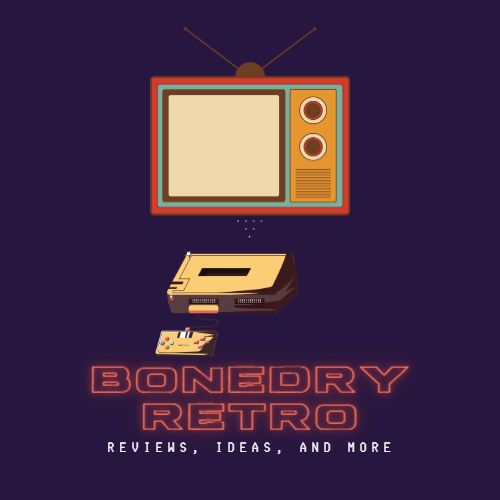

There are a lot of portable consoles out now. The Steam Deck, Valve's entry into this niche market, heralded an interest in portable PC gaming, finding a market untapped. That is not longer the case. There are different variations on the portable handheld ranging from pure PC gaming to a cloud device. We'll ignore the competition in terms of detail and instead look at whether it is worth it to use a Steam Deck as a portable (and not so portable) emulation machine. That said, the main competition here would be from Anbernic, among others.
Although there are several methods of playing classic games on the Deck, the easiest I've found is EmuDeck. This program has seen some major improvements over its lifetime and makes the process as easy as possible. It merely requires an SD card to store its code and the ROMs. I've had a great experience with it. It handles games from the 2600 all the way to PS2 with ease and could likely handle the PS3 as well. I experimented with a variety of games and console generations and it played everything I threw at it well. Games like the below all played flawlessly:





The question remains, however, is the Steam Deck itself a worthy emulation machine? This is a personal question, of course. The biggest barrier to the Deck is price when looked at solely through a retro games lens. There are other portables, like the venerable Anbernic RG35XX that costs under eighty bucks. The deck starts at around $360 right now for the basic model. The upper models are not necessary if you only want to retro game, and I have to say if that's the sole purpose, it's a mixed bag. This is the lens from which I will look at the Deck here.
Price is a major disadvantage. But, for that price you get things that are just not available on other portables. The Anbernic is great and handles a lot of games, but it has as small screen and chokes on anything above the 16-bit era. N64 and Dreamcast titles are especially wonky, and anything over that is near-impossible. The small screen makes playing games with a lot of text a challenge, especially RPGs from the 16-bit era and onward. The Deck's large screen and ability to play nearly all retro games can help justify the purchase.
Another place where the Deck shines is it's ability to output to a big TV. Most of the other portables struggle with this, if they offer it at all. Outputting even PS2 games on a 65inch television caused no issues at all. The graphics are as crisp as they are on the Deck itself, if not better. (If you are looking for a great TV to play games like this, this TCL 65incher is on sale) A simple USB-C adaptor does the trick to output audio, video, and allow for USB inputs for controllers.
Speaking of controllers, this is another area where the Deck does a great job. Playing Neo-Geo games, for instance, can be a bit tough with the Deck's controller or even an XBox controller. I prefer using the Neo Geo X Max controller and the USB inputs on the adapter allow this with ease. A lot of other portable consoles might offer Bluetooth controllers and they are decent but there's nothing like wired IMO. This is what you get for the extra money.

And essentially, that's the value proposition of the Steam Deck. You get a lot more in the feature department than a lot of other portable emulators. If such things as video output and the ability to use wired controllers is important to you, then the Deck may be the way to go. The Deck plays every game with ease, offers tons of customizability, and well, it just feels good in the hands. It's quality all around and has benefitted from a lot of updating from Valve, who appear to be all-in on the product.
Should you buy one for retro gaming? That, of course, depends on budget first. If you have the money, then I say yes. I have a few Anbernics and they are great, but they can be slow, the screens are small, and they can't output video. They are great for what they do and I use one fairly often, but the Deck offers a complete experience that, in my opinion, cannot be matched.